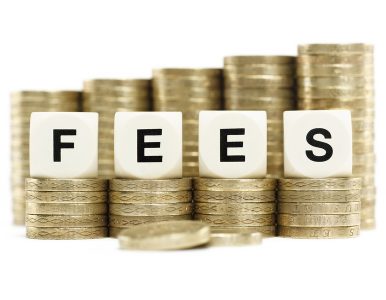Most common ways of transferring money are bank transfers, debit card transfers and credit card transfers.
Bank transfers:
Bank transfers are normally not free in the banking system, i.e. SWIFT or SEBA payments. For domestic money transfers in some countries the customer does not pay directly for money transfers, but the sender is changed with a hidden cost, negative real interest rates on deposits accounts, i.e. deposit account interest rates are lower than inflation in the country.
Debit Cards:
Debit cards used in commerce throughout Europe costs minimum 0.2% or a flat fee per transaction, which the merchant is charged for. On top of this minimum fee the merchant pays for the POS system and the processing fee of ca. 0.2-0.3%. In addition, there are negative real interest rates on most bank account linked to the debit cards, where the customer pays with negative real interest rates.
Credit cards:
Most people have to pay an annual fee for credit cards, but the main cost is for merchants who to pay 0.3-5%, depending on each merchants sales volume and whether the payment is cross border or not. These costs that the merchant bears are then reflected in product prices the consumer pays.
Cryptocurrencies:
It doesn’t cost anything to accept payments, but it costs to send cryptocurrencies. The fee is based on how many kb of data the transaction involves and how much traffic is on the cryptocurrency network. If there is high traffic and congestion on the network, users can pay a higher fee, which is configured in the sender’s wallets, to prioritize their transfer into the next block. It should be noted that this fee varies widely depending on the cryptocurrencies. For many cryptocurrencies the fees are close to $0.001 per transaction but due to congestion on the BTC network the fees can range up to ca. $1-$5 per transaction.
Follow us on Facbook:
